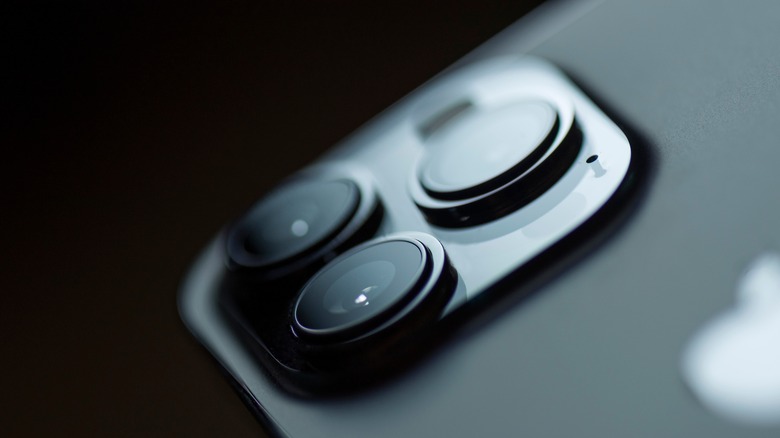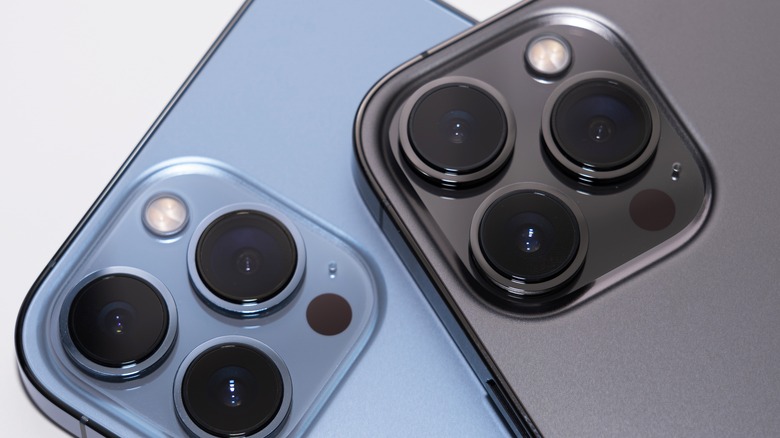iPhone 14 Leak Alleges Camera Lens Quality Issues, But Impact May Be Minimal
While Android fans might be counting the days to Samsung's next foldable phones, those from Apple's camp are still biding their time for September's big event. The iPhone 14 series will be an interesting batch given the small but important changes that Apple is expected to give the lineup. But while we're still months away from the phones actually shipping to early buyers, it seems that production is already hitting a few snags. This wouldn't be new to Apple, which had to delay the iPhone X launch and push limited quantities of other iPhones due to similar issues. Fortunately, despite the rather bleak atmosphere that these alleged problems are said to be generating, they may have a very limited impact on how many iPhones Apple will be able to ship this fall.
Supply issues regularly happen with any smartphone, which is why manufacturers always have backup plans and, sometimes, alternative suppliers. This past year, however, has been particularly trying for those in industries that rely on any type of silicon because of a global semiconductor shortage. The worst seems to be over, but the effects could still be sending ripples through the industry.
Ming-chi Kuo earlier reported that Apple was facing some supply issues for the RAM and display panels intended for the iPhone 14. The analyst didn't seem worried because Apple has options in place to fill what's lacking. Micron and SK Hynix, for example, can supplement Samsung's LPDRR5 supply, while Samsung and BOE can fill in the gap for LG Display. Now, however, it seems that Apple has hit another bump in the road for another important hardware component.
There may be cracks in Apple's iPhone 14 effort
Kuo recently claimed that rear camera lenses supplied by Genius were suffering from coating cracks. Considering how critical cameras are to the smartphone experience, Apple has reportedly been forced to pivot quickly and shift to a different supplier while Genius tries to fix its pipeline. Fortunately, Taiwanese supplier Largan is believed to be more than capable of handling Apple's orders, even if Genius fails to address the alleged issue in one to two months.
The better news is that Kuo is optimistic these supplier changes won't drastically affect Apple's schedule or shipment figures. As mentioned earlier, Apple should already be used to this kind of problem and has even expanded its list of suppliers for this year's iPhones. That said, it could still be a very optimistic outlook and Apple might be forced to limit the number of iPhone 14 units it will ship initially.
The iPhone 14 series will have a number of interesting changes, both in terms of hardware and marketing strategy — at least based on the rumors and leaks. The pill-shaped cutout is expected to finally replace the notch this year, and the iPhone 14 Pro will likely finally have upgraded cameras, as well. That said, Apple is also reportedly widening the gap between the base and Pro models, making the iPhone 14 more like a slightly upgraded iPhone 13. The company is also reportedly doing away with the 5.4-inch mini model option and replacing it with a 6.7-inch iPhone 14 Max instead.

